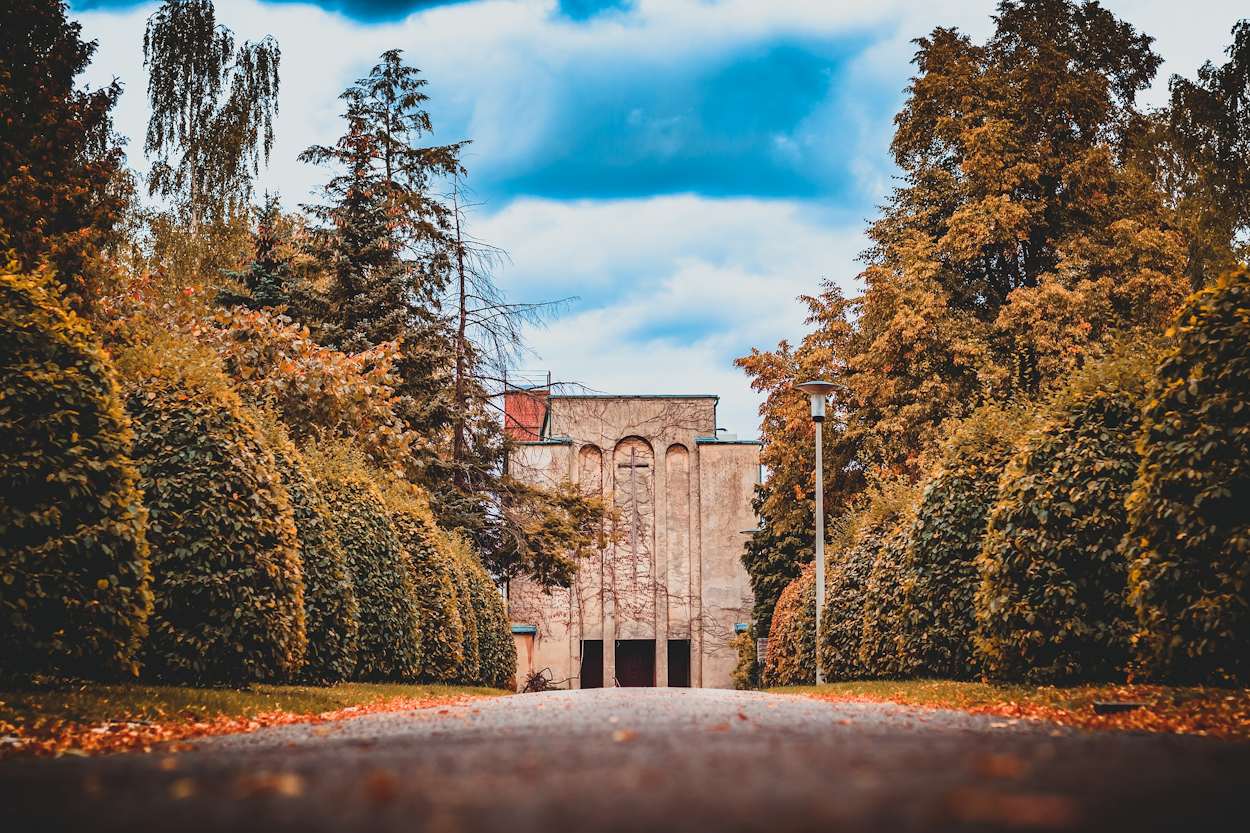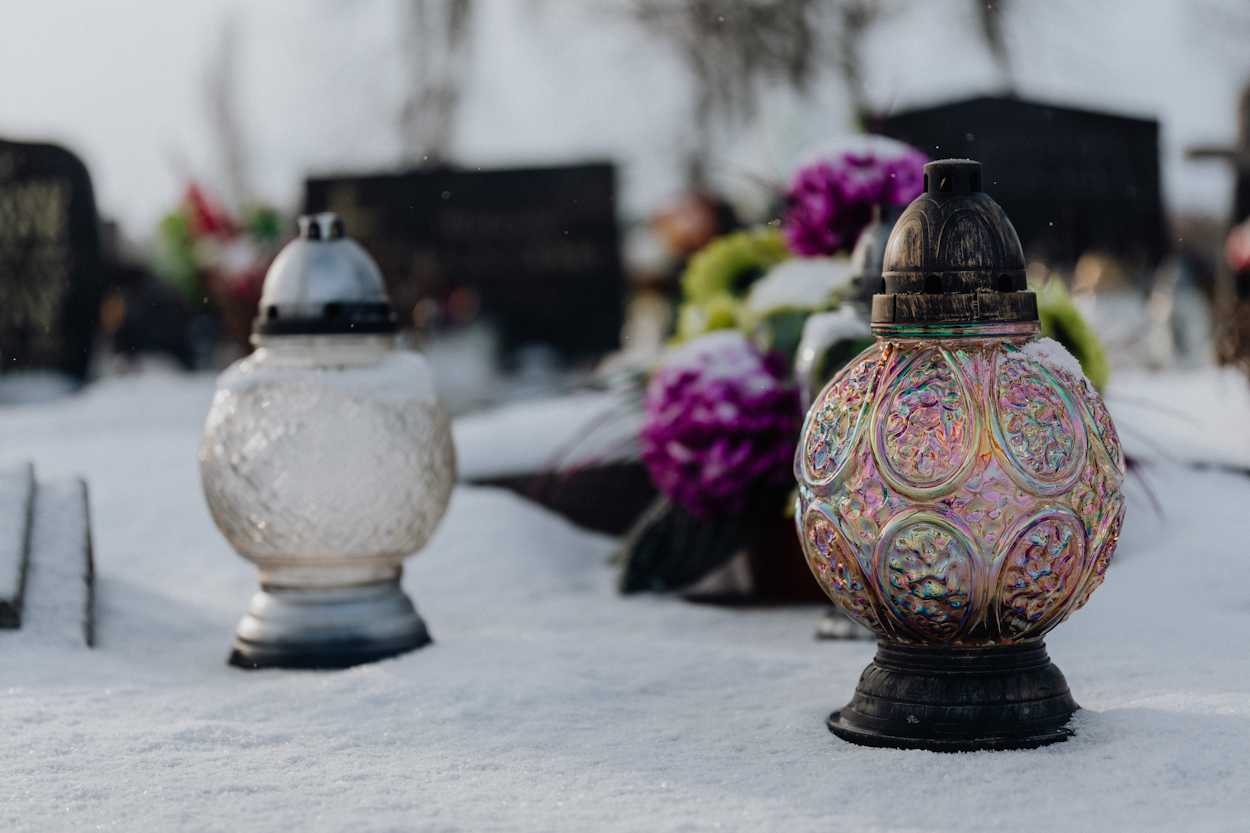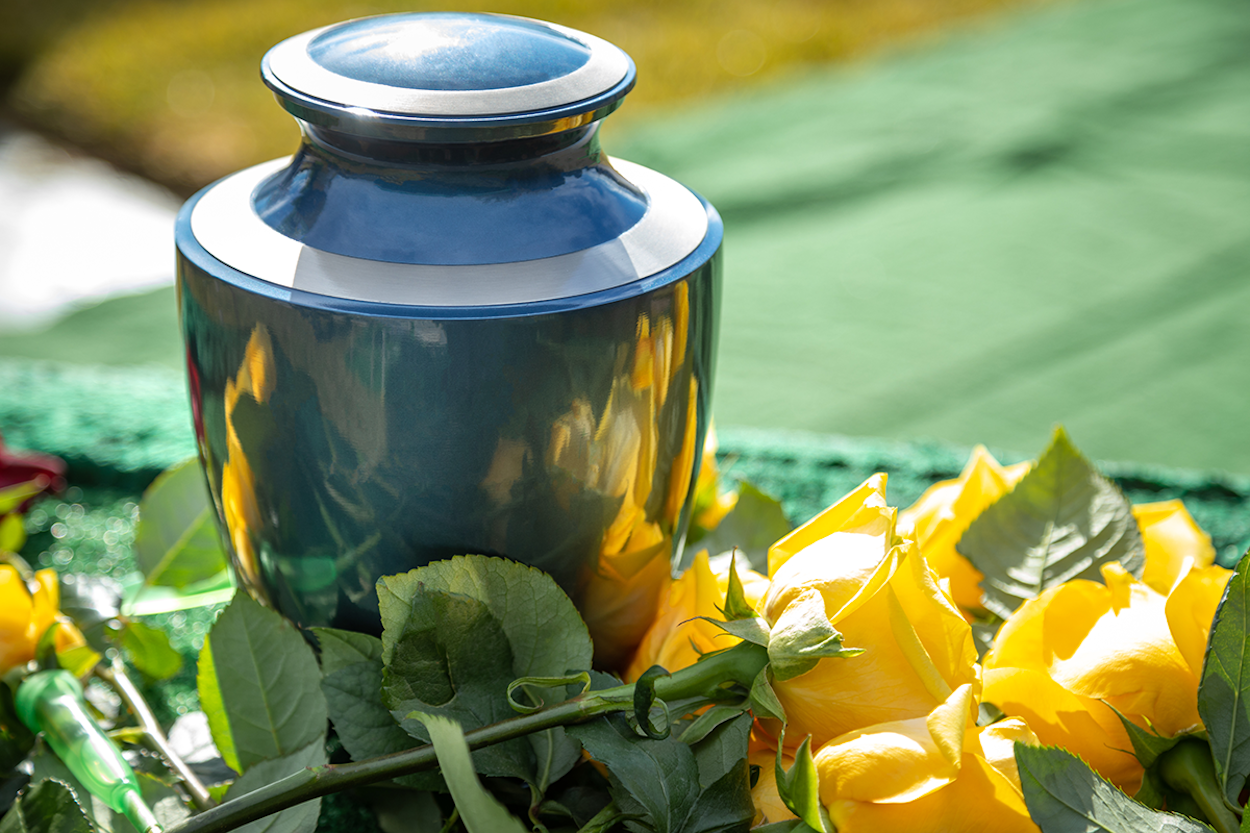Helpful Guides
A step-by-step guide to the direct cremation process

It can be difficult to make a big decision about a process you don’t fully understand. While you may not know the ins and outs of a traditional burial service, it’s easy to visualise what happens – and we’ve all seen it in a movie before. Although, for direct cremations, it’s not something everyone can picture.
Yes, we can assume the deceased will be exposed to intense heat and break down into ash, but what does the process actually involve? Let’s take a look.
The basics of a direct cremation
Today’s modern crematories use industrial furnaces built solely for cremation purposes. The process usually takes between 2-3 hours and is carried out at temperatures ranging between 1000 to 1300 degrees Celsius.
This intense heat helps to reduce the body to its basic elements and dried bone fragments.
Many facilities allow the family of the deceased to witness the cremation. This is commonly known as an ‘attended cremation’. However, space can be limited, so it’s best to check with the crematorium or your funeral provider to see what your options are.
With the basics of a direct cremation out of the way, let’s explore the process step-by-step in further detail.

The step-by-step process of a direct cremation
Once the deceased has been collected and transported to a mortuary facility, the following 6 steps will take place.
Step 1: Identity checks
First of all, an identity check must take place to ensure the correct body is being prepared for cremation. This is done with the collection of all personal information and the cause of death is approved by medical professionals.
The caretakers then follow strict tagging procedures throughout every step of preparing the body to ensure the right body is cremated and the ashes return to the expecting family.
Even during the cremation itself, a fire-resistant metal tag accompanies to make sure there is zero risk of mistaken identity.
Step 2: Body preparation
Before a body is cremated, the technician removes jewellery or any other items that the family might want to keep.
Medical devices and prosthetics that contain batteries or are mechanical will also be removed to prevent reaction during the cremation.
Step 3: Into the cremation container
All cremations must take place in a rigid, combustible container. Trustworthy cremation service providers will include this in the up-front cost. However, always double check with your provider to avoid any hidden fees.
Step 4: Entering the furnace for cremation
Once the body is prepared and resting in the container, it’s placed inside the pre-heated cremation furnace. Within 3 hours, the contents will naturally break down into ash due to the extreme heat.
During this stage, bodies are never exposed to an open flame, which is a common misconception about the cremation process. It’s purely the heat that causes the body to break down.
Step 5: Collecting and refining the ashes
The ashes are then collected and checked for any impurities, which are removed by hand. They’re then moved to a cremulator for refinement into a powder.
Step 6: Returning the ashes
For the final step, the refined ashes are transferred into a container and returned to the family. This may be using a temporary or permanent urn depending on what you’d like to do with the ashes once returned. Some families opt for a temporary urn to save money, knowing they will be scattered later down the line. While others decide a permanent urn is the best option.

Direct cremations from Celebration of Life
If you feel a direct cremation is right for you or your loved one, get in touch with our friendly team at Celebration of Life today. We offer a no-fuss, all inclusive direct cremation service starting at just £950, saving you an average of £3,000 compared to a traditional funeral service.
Benefit from 24/7 support, collection from anywhere in Britain, and peace of mind you’re in safe hands with people who care.
Call us on 0800 150 3555 anytime to discuss your requirements, or fill out this short form and we’ll get back to you as soon as possible. We’re always happy to help.
